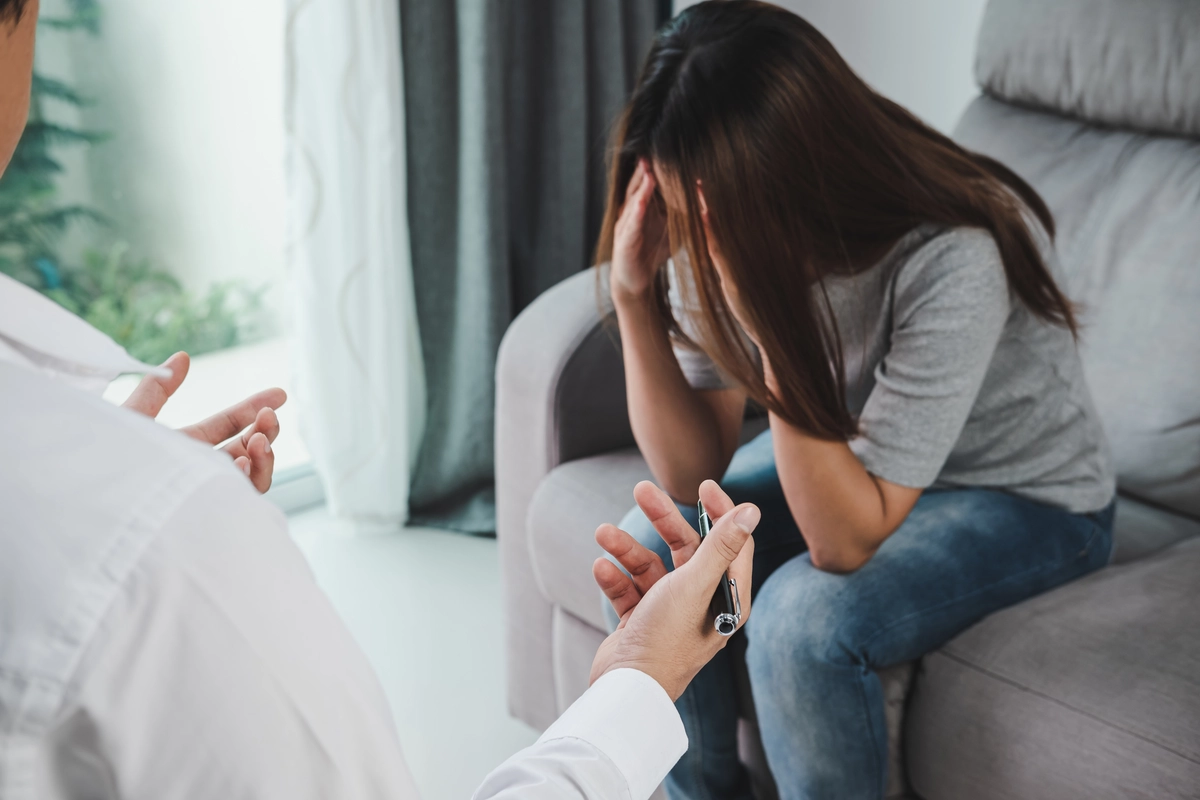24/7 Helpline:
(866) 899-221924/7 Helpline:
(866) 899-2219
Learn more about Depression Treatment centers in Chaffee
Depression Treatment in Other Cities

Other Insurance Options

Optima

Medical Mutual of Ohio

Evernorth

Cigna

Anthem

Providence

Excellus

Amerigroup

Absolute Total Care

Molina Healthcare

CareFirst

Sutter

Horizon Healthcare Service

UnitedHealth Group

MHNNet Behavioral Health

Aetna

GEHA

Health Partners

Ambetter

Self-pay options


New Vision Counseling
New Vision Counseling, located in Sikeston, Missouri, offers behavioral health care and mental healt...

Gibson Recovery Center
Gibson Recovery Center is a non-profit rehab located in Sikeston, Missouri. Gibson Recovery Center s...

Awakenings
Awakenings is a private rehab located in Kelso, Washington. Awakenings specializes in the treatment ...


































Bootheel Counseling Services
Bootheel Counseling Services offers outpatient counseling services for individuals or families strug...

Fair Havens Recovery Center
Fair Havens Recovery Center is a private rehab located in Sikeston, Missouri. Fair Havens Recovery C...

Kelso Treatment Solutions
Kelso Treatment Solutions is a private rehab located in Kelso, Washington. Kelso Treatment Solutions...











































